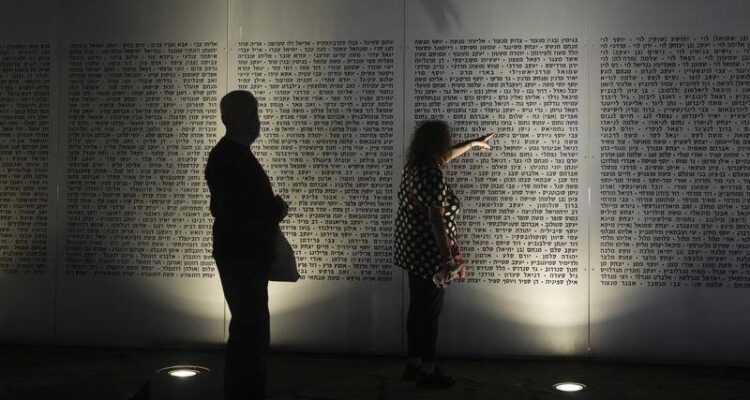Israel is marking the 50th anniversary of the 1973 war that brought the country to the verge of catastrophic defeat, but the wartime unity that helped it survive seems a distant memory to a generation increasingly at odds over the country they inherited.
The war began with a surprise attack on two fronts by Syrian tank columns and Egyptian brigades that caught Israeli forces off guard at the start of Yom Kippur, the Day of Atonement, the holiest day in the Jewish calendar.
Completely unprepared and with many soldiers on leave, Israel’s army buckled initially before regaining the initiative and repelling its enemies in a series of decisive encounters on the northern Golan Heights and in the southern Sinai desert.
“There was terrifying fear, but we had faith that ultimately we would overcome – we had to,” said Uzy Zwebner, 69, who was rushed into battle against the Egyptians at the start of the war as a newly trained tank commander before being wounded.
The 50th anniversary has seen a flurry of newspaper editorials, television documentaries and features airing criticism of then-Prime Minister Golda Meir and her government for their failure to prepare.
Several of Israel’s leaders fought in the war as young men, including conservative Prime Minister Benjamin Netanyahu and former Labour Party premier Ehud Barak, and their experience helped solidify a determination to do whatever they believed necessary to protect Israel’s security from outside enemies.
Increasingly, however, any sense of unity has been eroded in a climate of increasing polarisation over the internal dynamics of Israeli society, brought out most clearly this year in the poisonous battle over Netanyahu’s plans to overhaul the powers of the judiciary.
Read the article by Emily Rose and James Mackenzie in the Goulburn Post.

